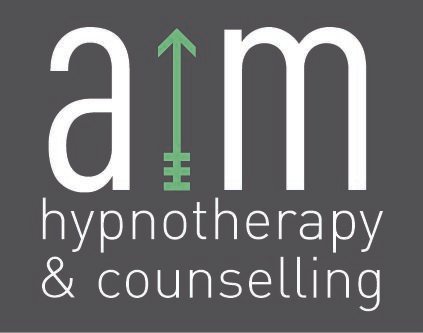 WHAT IS RECOVERY?
WHAT IS RECOVERY?I. Recovery is actively taking responsibility for how you live your life today.
2. Recovery is being able to put the past behind. It’s no longer having
your childhood script dominate how you live your life today.
3. Recovery is being able to speak the truth about your growing up
years.
4. Recovery is the process in which you develop skills you weren’t able
to learn in your childhood.
5. Recovery is a process, not an event, often beginning as a result of
a professionally directed treatment or therapy, or experiences in
self-help groups.
6. Recovery is no longer living a life based in fear or shame.
7. Recovery is developing your sense of self-separate
from survival/coping mechanisms. Your identity is no longer based
in reaction, but action.
8. Recovery-is the process of identifying, owning and developing
healthy ways of expressing feelings; it is the process of learning
self-love, self-acceptance. From learning these new ways a person
often learns how to set healthy boundaries and limits, To get needs
met, to play, relax, and develop flexibility.
9. Recovery is the process of learning to trust yourself and then trusting
others, and with trust comes the opportunity for intimacy.
But how do you get there?
Although there is no easy way to answer that question and the process is different for everyone, there are others who have been there and who can offer some advice on coping.
Below is some helpful steps towards recovery from a survivor of abuse.
1) RECOGNIZE that self-injury is an inappropriate, uncontrollable and a dangerous coping method.
2) TELL someone you trust exactly what you are doing. Let the secret out.
3) REACH OUT for professional help
4) CHOOSE to replace self-injury with healthy coping skills.
It is important to remember that you are not to blame, you are not broken, you are not alone, you can heal and that things can get better.
In case you need some time before you look for support, here is a link to a site that might offer some support online.
http://www.aftersilence.org/
